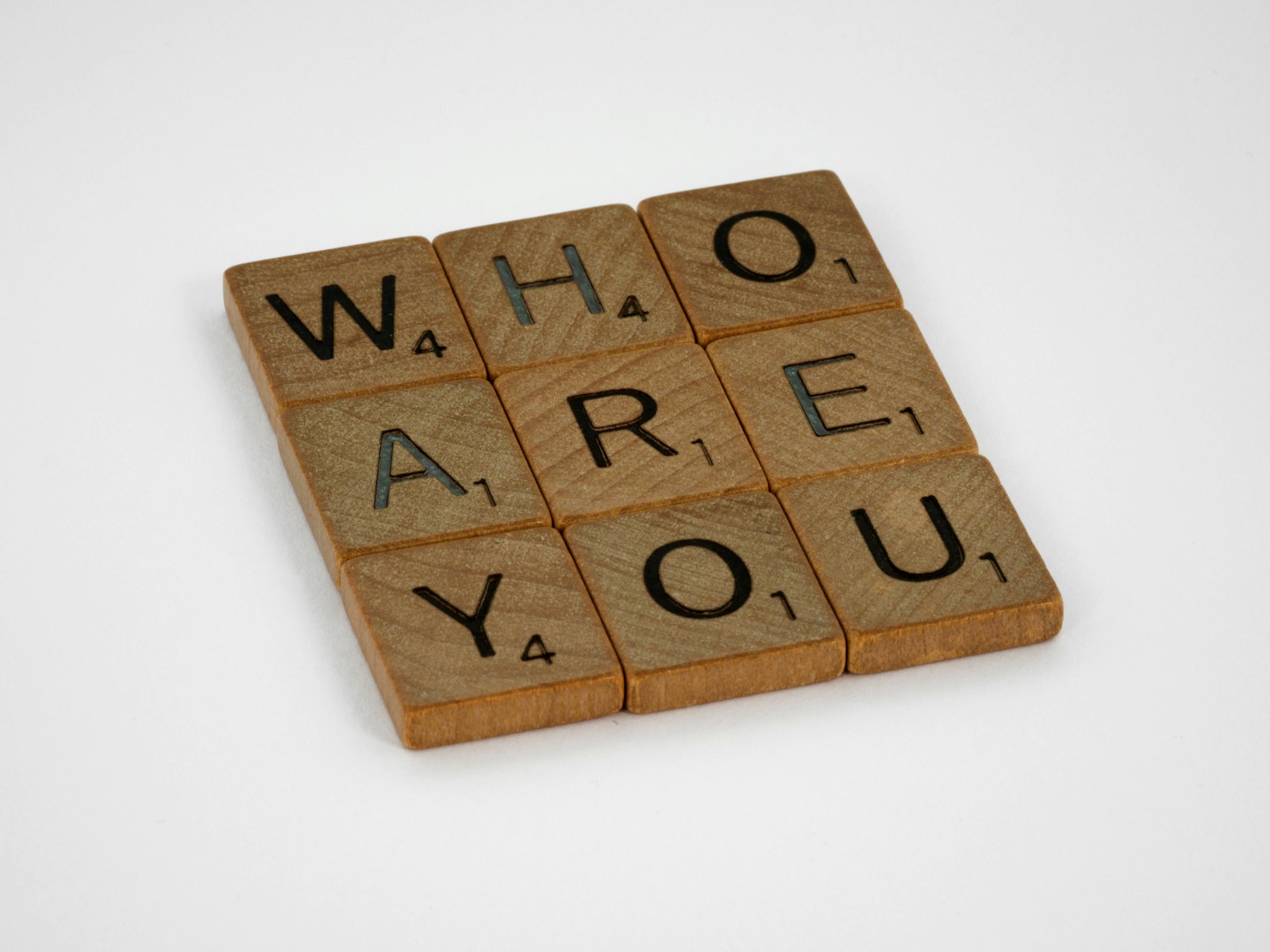Living in a society, societal standards is inevitable. I also have some thoughts about societal standards on women here. Sometimes, that might lead us to feel that we’re just another product of a societal standard, not our own person. Especially in a culture focusing more on collectivism, it’s harder to know yourself. In some way, it might feel lost in the middle of the society.
However, I believe we should also know ourselves, even though a majority of us live in a collective culture. Below, are my two-step self-guide that I think would help define yourself amid societal standards. As this is from my experience, as a disclaimer, it might not work on you or every people possible.

Identify: Breakdown integrated societal standards on yourself
Sometimes living in a collective culture has its consequences. One of which is the focus, more towards the group or everyone above yourself. It’s not bad, but has its own consequences. For example, we might feel lost in our sense of self, as we constantly put the group over ourselves. I believe, it is also important to know yourself too, which might also make the group better. As a result, we might create a better society as well with a balanced perspective on collectivism and individualism.
In regards to that, step one for me is to identify which part of yourself is the societal standards. For instance, in women, some of the societal standards might be the need to appear pretty, be good at domestic tasks, holding back to not appear ‘too much’. Are some of those —or even more not mentioned— relatable to you? It might be the societal standards you apply to your personality too. First, you need to identify it.
Experiment: Reflections on which one is you or a product of societal standards
Even as you identify, it might not be that easy to discover which is you. I think that’s when this step becomes useful: experiment. After you identify which parts of yourself are a product of societal standards, you still need to reflect on which is you or not. This might be a handful, especially in a collective culture which we are not often allowed to be ourself too much as that disrupts the group identity.
To reflect on which part of yourself is a product of societal standards or part of you, it’s better to experiment. What I mean by experiment is trying different ways to discover that. For example, if the standard is about appearing pretty, you can experiment with how you look, which style makes you feel more liberated, off the pressure of others? Another example would be, regarding domestic tasks, are you comfortable or excited in a life where you do it in the long run? Or do other options such as career or entrepreneurship sound more exciting to you? It all comes back to you.
Conclusion and Notes
To conclude, living in a collective society can lead us to have a lost sense of self, where we are left confused about which part of us is us or not. I think it’s good to identify which part is which, so even as we live collectively, we are also not lost. With a balanced perspective like this, I think this will help to create a better society with a balanced collectiveness and individualism.
In addition, when trying to identify on step one, you might encounter cases where it clashes or it fits. For example, to person A, some societal standards are just societal standards, not A’s personality. But to person B, the societal standards matches their personality or their values. It is different for each person. So, which part of yourself is you or a societal standards that doesn’t match your values?





2 Comments